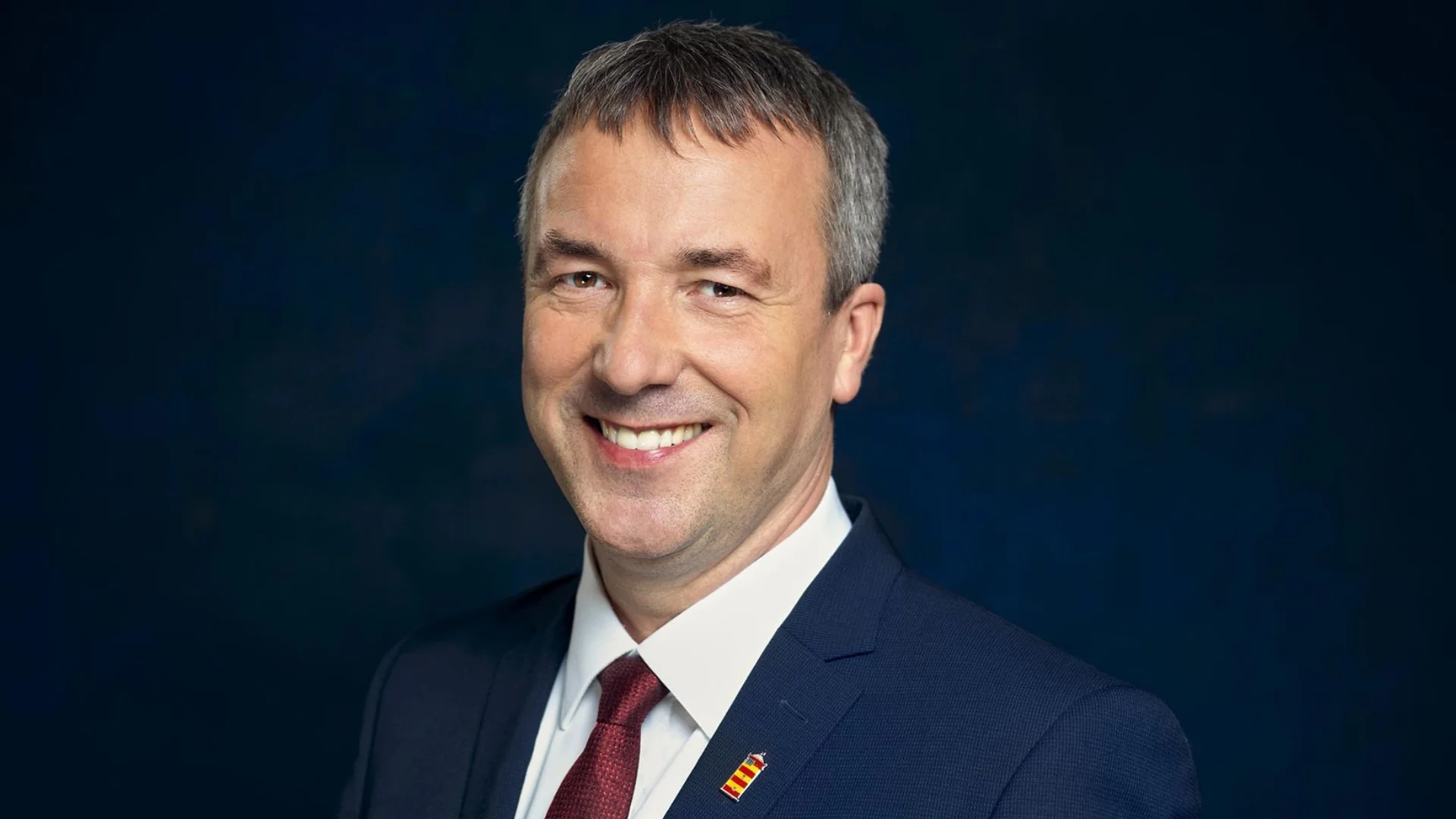Development cooperation is taking on a central role as Europe seeks to redefine its partnership with Asia, according to a recent panel discussion in Berlin. The event, organized by KfW Executive Board member Christiane Laibach, brought together government officials, development bank leaders, and trade representatives to discuss new approaches to cooperation in a rapidly changing global landscape.
Johann Saathoff, State Secretary at the Federal Ministry for Economic Cooperation and Development (BMZ), opened the panel with a review of four decades of German-Asian collaboration. He was joined by Ajit Gupte, Indian Ambassador to Germany, Scott Morris, Vice President of the Asian Development Bank (ADB), and Dr Volker Treier, Head of Foreign Trade at the German Chamber of Industry and Commerce (DIHK). The discussion was moderated by Debarati Guha, Programme Director for Asia at Deutsche Welle.
Ambassador Gupte and State Secretary Saathoff highlighted the value of German expertise in development projects. They pointed out that beyond infrastructure financing, such as metro lines, Germany’s contributions include environmentally sustainable concepts, technological solutions, and climate insurance. "German engineering expertise also provides solutions to complex challenges arising from rapid economic and population growth. Asia can build on Germany's experience in this area," they stated.
Christiane Laibach noted that development cooperation remains an important entry point for German businesses, especially in advanced developing countries and emerging markets. She emphasized that, "In addition to sales markets, however, attention would also be paid to the supply side, i.e. the development of raw material sources and other strategically important aspects for the German and European economies."
The panel agreed that sustainability must remain a priority despite pressures for rapid investment. Johann Saathoff said, "Ultimately, it is about preserving the foundations of life for future generations," a sentiment echoed by Scott Morris of ADB. Morris added that the bank’s established agenda for promoting renewable energies is evidence of support among partner countries. He stressed the importance of working closely with governments to develop appropriate regulatory frameworks, acknowledging this can be challenging amid political polarization but noting the trust built over decades.
KfW’s role in improving conditions for private sector investment was also highlighted as an example of effective engagement in Asia.
Dr Volker Treier from DIHK underscored the need for sustainable projects but called for less bureaucracy and regulation. He argued that reducing detailed requirements would help German companies diversify their markets.
The panel concluded that innovative alliances and pragmatic approaches based on mutual interests are essential for future cooperation between Europe and Asia. They suggested involving new partners and resources, such as export financing, insurance instruments, and private capital, could make projects more effective. Joint initiatives between Asian partners and German donors in Africa were cited as examples where shifting power dynamics have created useful synergies.
"Development cooperation makes a difference, now and in the future – the right attitude for tackling the challenge with commitment and courage. Cooperation instead of confrontation is the motto, also and especially in Asia," the panel stated.

